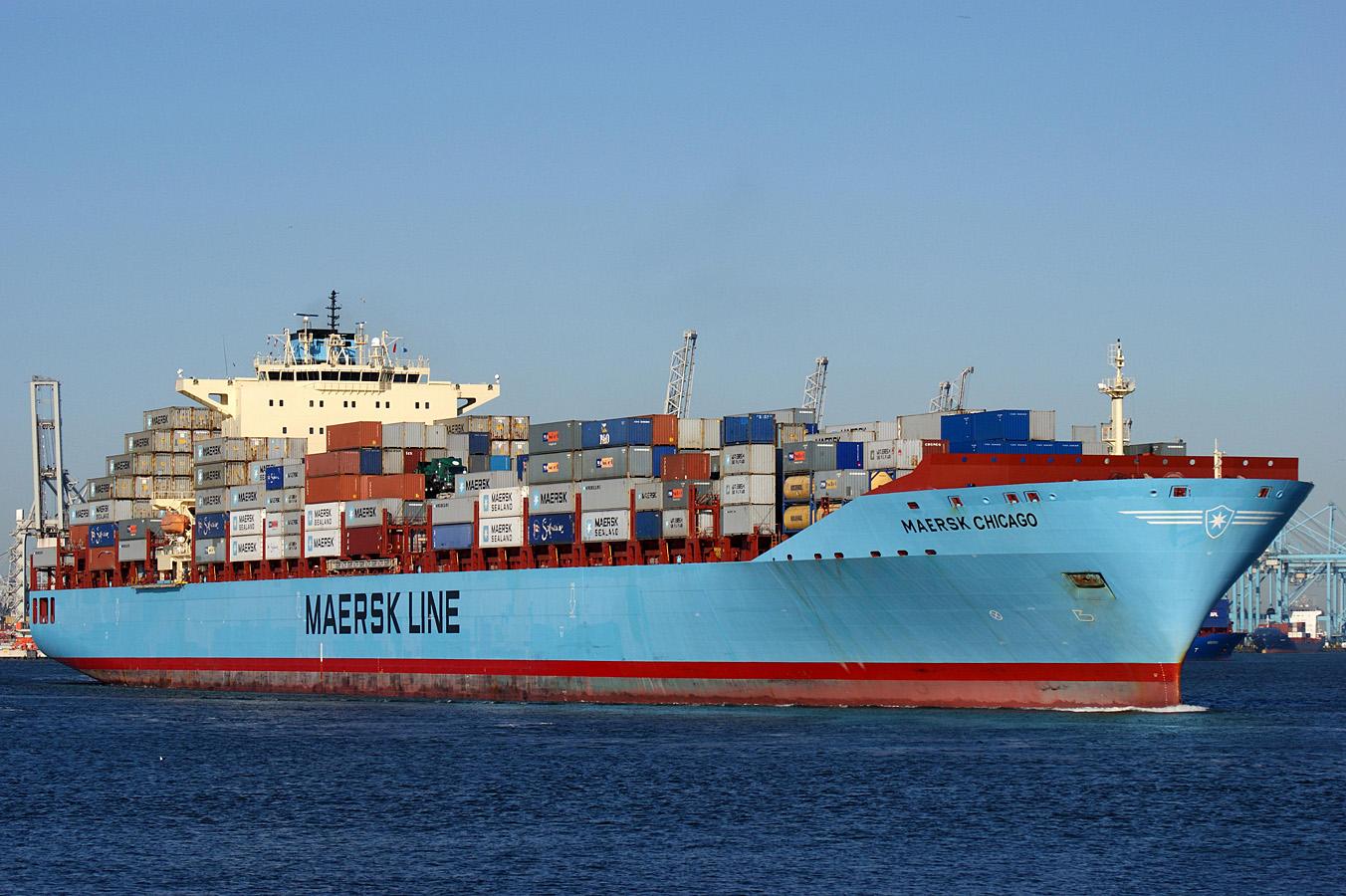Who’s Leading the World Fleet?
With a value of $829 billion, the world fleet hardly carries a small price tag, but it has faced five straight years of declining growth. Despite this, the fleet still saw a 3.15% increase in 2016 and China, along with several other Asian countries are growing in ship ownership. Let’s look at the stats:
World Gross Tonnage: South Korea, China and Japan were responsible for building over 90% of world gross tonnage.
Ship Scrapping: India, Bangladesh, Pakistan and China completed nearly 95% of ship scrapping.
Highest Cargo Capacity: five countries make up nearly half of the market share of cargo carrying capacity, including Greece, China, Japan, Germany and Singapore.
Number of Vessels: Europe and North America’s vessel numbers are down while several middle-income countries in Asia have steadily increased. China leads in terms of the number of units, boasting 5,206 ships with a weight over 1,000 gross tons each.
Cost of Vessels: Despite the sheer number of ships in China and several other countries, the value of the U.S. fleet is significantly higher, carrying a price tag of $96 billion. Japan, Greece, China and Norway round out the top five most expensive fleets in the world. In contrast, Indonesia and several other Asian countries own much cheaper, older ships despite having a sizable number of units.
Ship Owning Creates Opportunities in Middle-Income Countries
With cutting-edge technology not being a requirement for ship owning, middle-income countries are able to enter this industry without disadvantage. However, because ship owning doesn’t require a great deal of labor, low-income countries don’t have any advantage and are not seeing much growth in this sector.
It’s also worth noting that, while these countries are making gains, their fleet ships are an average of 10 years older than ships in more developed countries. The building of new ships and scrapping of old may create job opportunities in the future, or the gains may be lost if the ships become unusable before the countries have resources to replace them.

